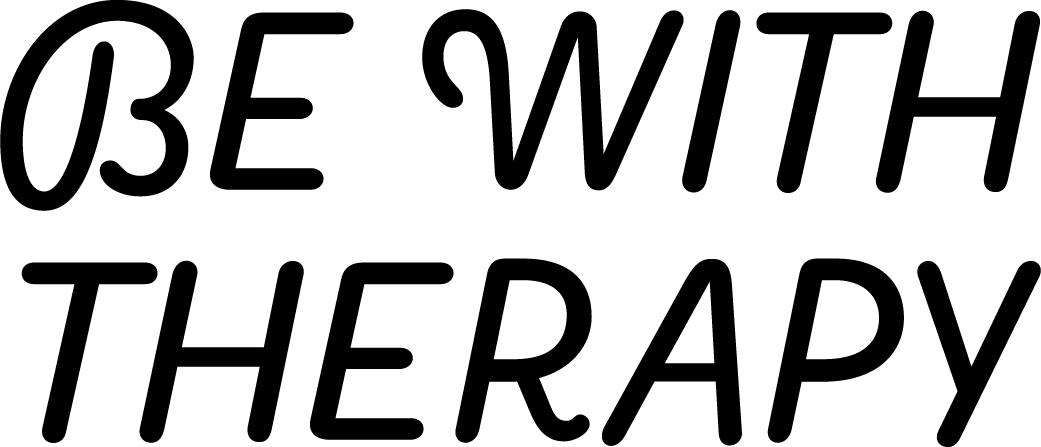
When we see the behaviors and patterns that make us feel stuck, anxious, or depressed as natural responses to difficult situations, we are able to gain a sense of understanding, self-acceptance, and well-being.
About Me
My name is Megan, I use she/her pronouns. I am a Korean born, trans-racially adopted, cisgender woman of color. I hold a Master’s Degree in Clinical Mental Health from Portland State University where I focused my studies on socially just and equitable Counseling practices. I completed my undergraduate studies at University of Wisconsin - Madison with Majors in Art and English.
I grew up in a seven person, white family in Wisconsin. I moved to Portland in 2007, seeking mountains, oceans and alternative communities. Before I became a Therapist, I was a yoga teacher for 10 years, where I taught meditation, yoga and breath work practices. I spent over half of that time abroad, as a student of the world, living out of a backpack, teaching yoga. While I was in Graduate school, I worked as a group facilitator and mentor for middle school students of color in Portland Public Schools. In my free time you might find me in nature, making ceramics, or playing ultimate frisbee.
The core of my professional work and counselor identity comes from my personal history of unlearning patterns of systemic oppression. My approach to counseling has been shaped by a social justice worldview that acknowledges how power, privilege and systemic oppression influence and shape people and the world we live in. All are welcome here. I approach therapy through a trauma-informed, anti-racism, anti-oppression, culturally competent lens. I am Queer and Trans affirming, sex positive, and kink friendly.
Philosophy
My approach to therapy begins with meeting you where you are. My intention is to help you expand your own felt-sense of well-being, safety and personal agency through welcoming, working with, and integrating all of the different aspects of who you are.
I believe that our wounds form relationally, and so heal through relationship. With that in mind, I will use our therapeutic relationship to help us investigate a world where we can …
Be with what is, holding space for what is here, now.
Be with what could be, exploring what stands in the way of you meeting your needs.
Be with parts of yourself that feel, no matter what the feeling.
Be with your body, learning how to listen to its stories, signals, messages.
Be with parts of your self that your system may have otherwise labeled as “bad” or “wrong.”
Be with your organic self, as you embody your true nature, your inherent belonging.
How I work
I work primarily with three therapy models that I use interchangeably based on what you need.
Internal Family Systems
I use Internal Family Systems (IFS), a therapy model that is based on the idea that we all have parts and an organic self — these parts and self relate to each other like a family system inside of us. In IFS, we welcome all parts, attempt to learn how these parts have helped us adapt to the events in our lives, and work towards cultivating a relationship between our parts and our Selves. Using IFS in therapy means helping you become aware of your parts and how they shape your relationships both with yourself and others. I am level 3 IFS trained and am a 2022-2023 IFS Leadership Fellow.
Somatic Experiencing
In Somatic Experiencing, the word “soma” means body, it is a model that helps us develop the experience of being in our bodies — embodied. Our bodies are the instruments through which we experience the world, living tools that carry and respond to memories, experiences, senses. Somatic Experiencing helps you fine-tune your own awareness of your body, and eventually expand your capacity for being with all of the feelings, sensations, parts of your body — getting in touch with the stories those parts carry. I draw from mindfulness and breath work practices to help you cultivate your own felt-sense of integration, safety and belonging.
Process Work
Using Gestalt and Process work, we focus on your relationship with the present moment, moving towards acceptance of what is here, now. The act of accepting ourselves as we are creates the necessary environment for change, providing a deeper understanding for who we want to be. Any barriers to what is here, now, become grist for the mill — in this way, the focus is on the process versus the content of our experience. Using Process work in therapy shifts us away from traditional talk therapy in that the focus becomes less on what the story is, and more on the experience of how you tell it.


